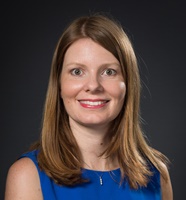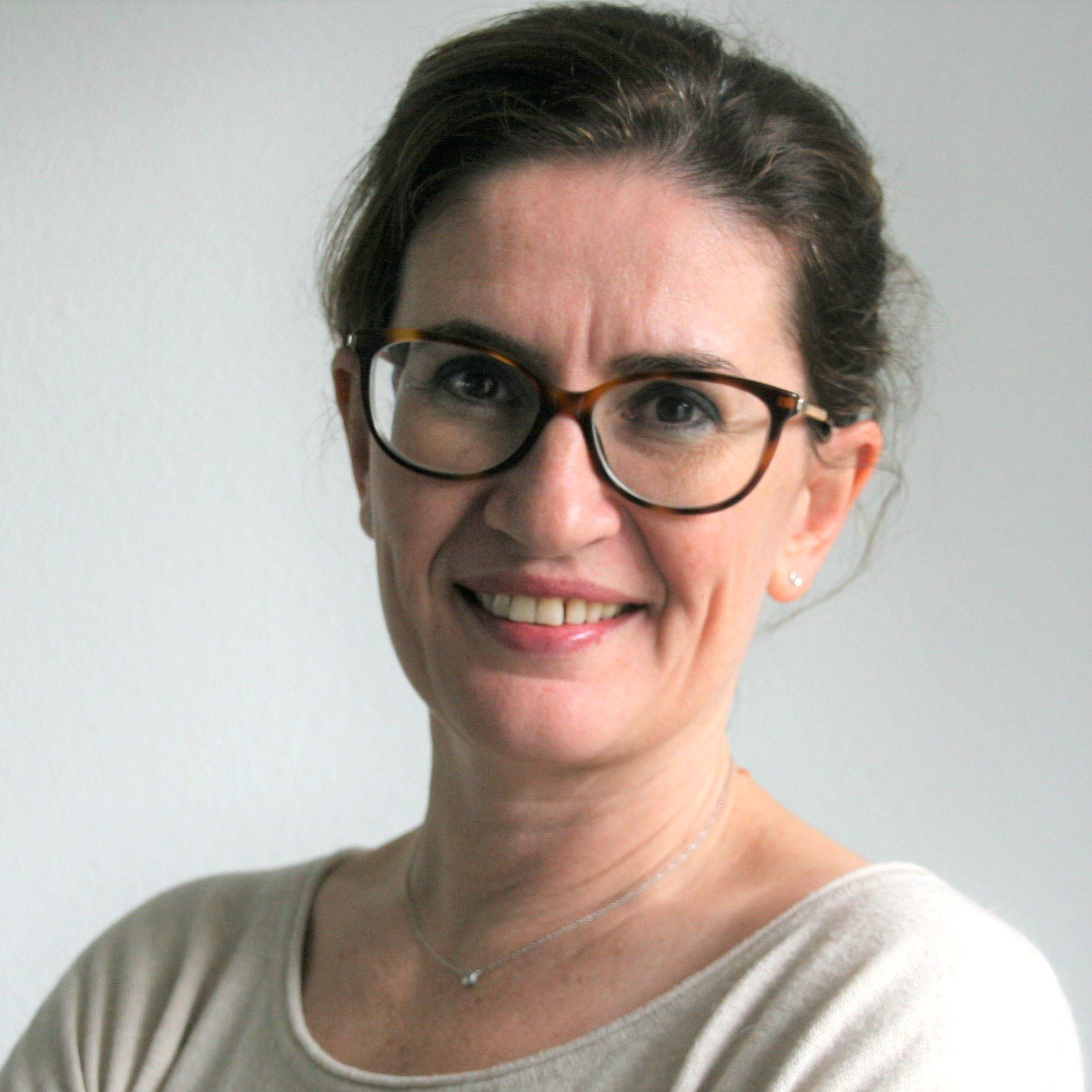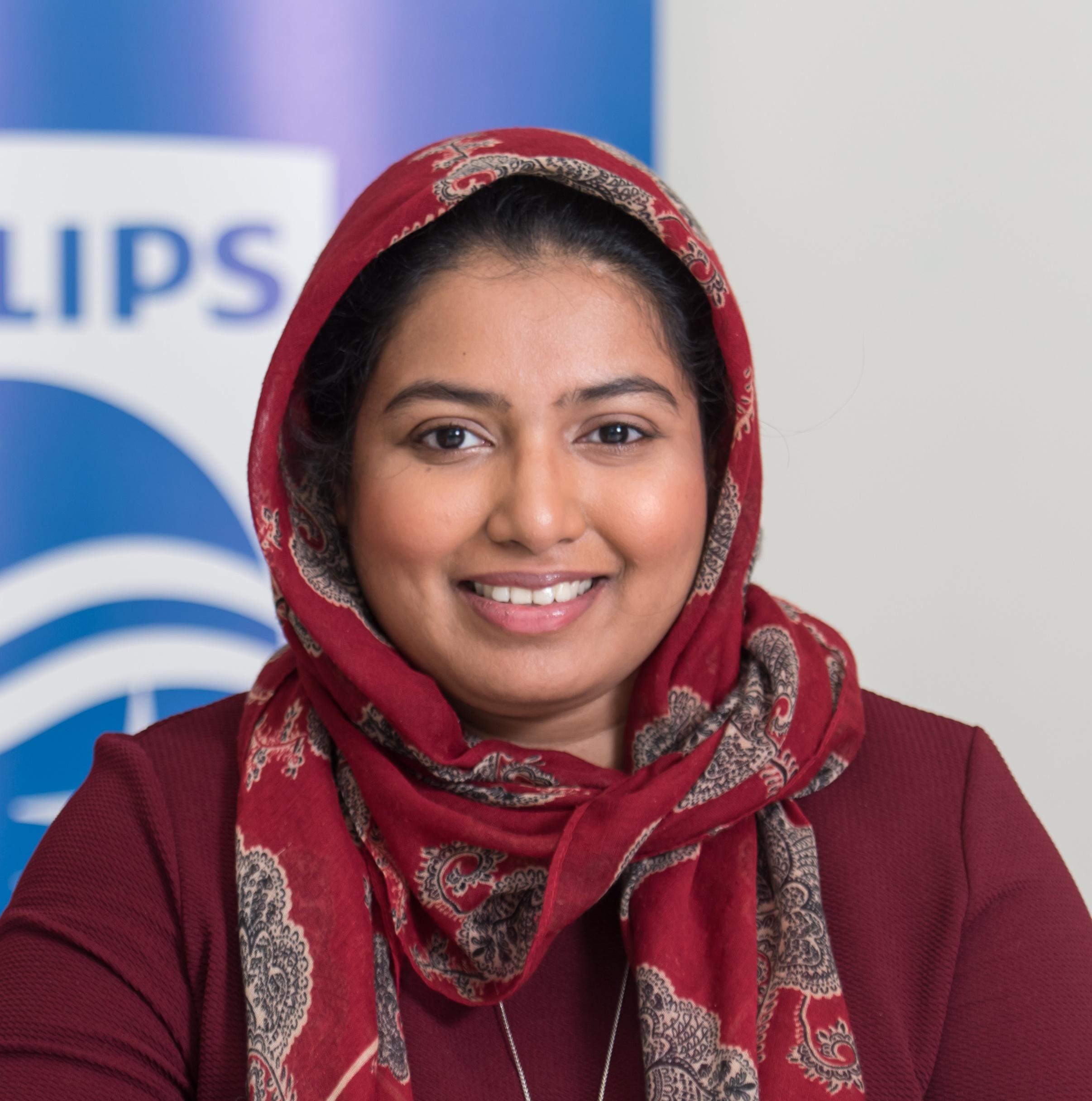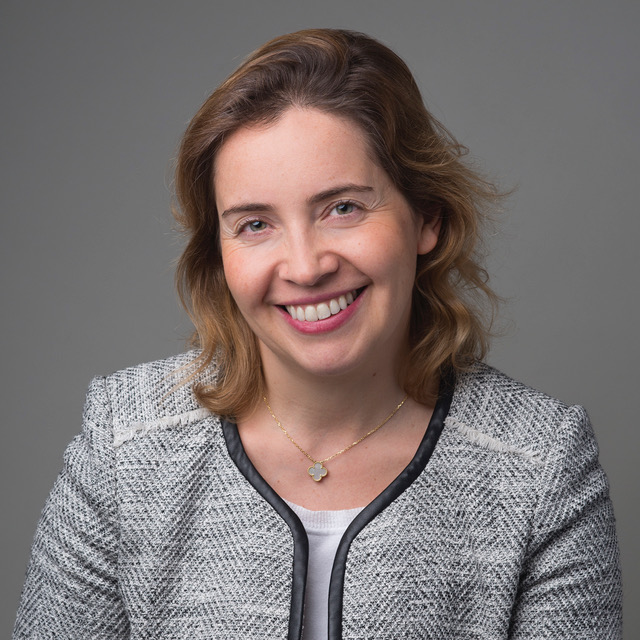INSEAD was the only school I applied to because of its diversity, its global outlook, and its focus on women in business.
Emma Russell

Tell us about something interesting about yourself.
Over the course of my career, I have become increasingly passionate about sustainable development, social entrepreneurship and female empowerment. I am involved in a number of exciting entrepreneurial projects. For example, I am a board member for The Lost Food Project in Malaysia, a not-for-profit which redistributes edible food waste from major retailers to those who struggle to consume a healthy diet. The project not only reduces food wastage but also contributes to improving poverty.
Why did you decide to do an EMBA and why did you choose the INSEAD EMBA?
Getting an MBA was always in my career trajectory but before I knew it, time had passed me by and I found myself in demanding roles, travelling a lot and studying for a professional accounting qualification. When I got married and had my first child, I put the thought of full-time study out of my head all together.
It wasn’t until I had my second baby that I realised the time was right for me to enroll in an EMBA programme. I wanted to do it for both professional and personal development, as well as to build my network. INSEAD was the only school I applied to because of its diversity, its global outlook, and its focus on women in business.
How has the INSEAD GEMBA changed your perspective?
The EMBA experience has not only changed the way I think but also changed the way I see the world – it has changed my life for the better. I stopped focusing on the short-term and immediate deliverables, and started to ask myself difficult questions about long-term outcomes.
The EMBA has opened my eyes to possibilities I would have never even imagined before the programme, and given me the confidence to follow my dreams and my passions. The other part of the EMBA that has been truly wonderful is the friendships that I have made. I have no doubt that these will be lifelong friends.
How can business schools, especially INSEAD, help women in business?
One of the reasons that I chose INSEAD for my EMBA is because it supports women in business. The programme combines academic research, with access to great networking and mentoring. The student-led bodies are supportive and host regular events, and the female professors at INSEAD are inspiring. Herminia Ibarra, amongst others, has been very active in voicing the issues that women face in the public domain.
INSEAD has done a great job of attracting more women into its programmes, and I am pleased to see the improvement in gender diversity.
With two young children, how did you juggle work, studies and family at the same time?
I was in the luxurious position of doing my EMBA whilst on a sabbatical, so I only had to balance study and voluntary work for a not-for-profit organisation. Nevertheless, with two very young children, I still found it challenging to find balance, as I had to make frequent trips to Singapore, France and Abu Dhabi. I especially hated missing out on bedtime because it is time that I cherish.
Fortunately, I was very lucky to have the incredible support of my husband, who also had to juggle his work, my MBA and caring for our children. Overall I became very organised by creating a strict schedule and allocating specific times for work and for family. I have continued this same discipline upon returning to work and now juggle a demanding and full-time global role, as well as continuing my work for The Lost Food Project, and spending time with my family.
What do you feel is the greatest challenge for women in business today?
In my opinion, I think the cumulative effect of the multiple challenges that women face creates the glass ceiling. Many women are held back by their own mindsets, where they might question their abilities, or feel less confident about their chances for success. Conscious and unconscious biases still present them with challenges.
For example, it is now widely understood that women have access to fewer sponsors than their male counterparts. Women also suffer from a lot of guilt. To illustrate, in our research for the EMBA final project, my partner and I interviewed a large number of couples with dual careers, and a majority of women who had children mentioned the constant feeling of guilt when it came to balancing time between work and family.
Lastly, I believe that many organisations do not do enough to support men and women who are trying to balance a dual career. As society changes and the number of couples with dual careers increase, I think organisations need to adapt and evolve faster to keep up with the needs of their employees.
What advice would you give potential participants wanting to do an EMBA?
I would highly recommend it. You’ll need a support network of people who not only love you and believe in you but also understand the commitment you are making and offer unconditional support to you. It is hard work, but the experience you’ll have and the friends you’ll make will be life-changing.




